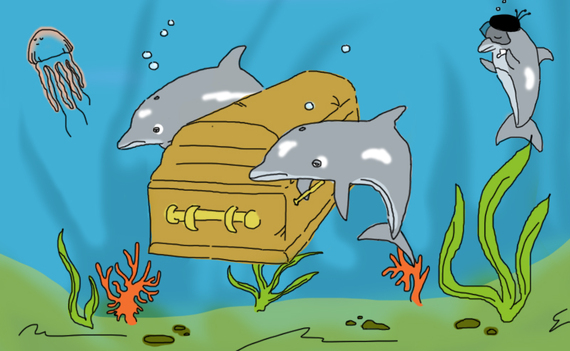Seven days, lots of science in the news. Here's our roundup of this week's most notable and quotable items.
New data from the Planck satellite indicates that the cosmic microwave background pattern once thought to be from gravitational waves is an artifact of galactic dust.
The first images of Pluto are arriving from New Horizons, the first spacecraft ever to visit the dwarf planet.
Ancient microbes may have had a hand in creating the largest known gold reserves on Earth.
Researchers have discovered a microbe living at the bottom of the ocean that hasn't changed in more than 2 billion years.
Parts of Iceland are rising as much as 1.4 inches a year thanks to melting glaciers.
Chimps can learn different "dialects" of grunts from each other.
Artificially stimulating neurons in the suprachaismatic nucleus of the brain could be a way to reset an organism's biological clock.
A woman who reportedly became rapidly obese after treating a bacterial infection in her intestine with a fecal transplant is causing doctors to question whether they need to be more particular in selecting donors.
The Hubble Space Telescope snapped pictures of Io, Callisto, and Europa, three of Jupiter's largest moons, passing across the planet's face at the same time.
A new smartphone accessory can diagnose HIV and syphilis within 15 minutes.
Materials scientists found a way to make a lightweight steel alloy that's as strong as titanium but that costs 10 times less to make.
The Atlantic spotted dolphin seems to mourn its dead.
_________________
"This Week In Science" is brought to you by the World Science Festival. For engaging science news, conversations, and media, check out the Festival website -- or sign up for our newsletter.
